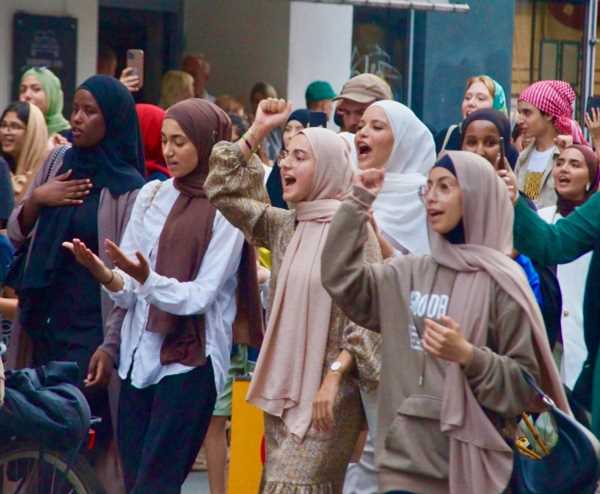Muslim women cover their heads as a sign of faith with the' hijab'. Since 2002, the hijab has been outlawed in educational institutions in the southern Indian state of Karnataka. Although the prohibition was contested in court, a three-judge panel of the Karnataka High Court affirmed it on March 15, 2022.
- The Court held that the right to wear the hijab was not absolute and was subject to reasonable restrictions in the interest of public order, morality and health.
- The Court also held that the State had a legitimate interest in promoting secularism and ensuring that there was no religious discrimination in educational institutions.
- The Court's decision was based on the fact that the hijab was a symbol of religious discrimination and could not be allowed in educational institutions.
- The Court noted that the hijab was not just a piece of cloth but was a symbol of religious faith and that it could not be allowed in educational institutions as it would be a violation of the right to equality.
- The Court also held that the ban on the hijab was not a violation of the right to freedom of religion as the right was not absolute and was subject to reasonable restrictions.
- The Court further held that the State had a legitimate interest in promoting secularism and that the hijab was a symbol of religious discrimination.
- The Court's decision was based on the fact that the hijab was a symbol of religious discrimination and could not be allowed in educational institutions.

There has been much discussion surrounding the court's ruling. Some claim that the prohibition violates their right to religious freedom, while others contend that it empowers women because the hijab is a symbol of oppression and should be outlawed. The Muslim community in Karnataka has sharply criticised the decision, claiming that the hijab is a religious requirement for Muslim women and that the ban violates their right to freedom of religion. The community has promised to appeal the ruling to the Indian Supreme Court.